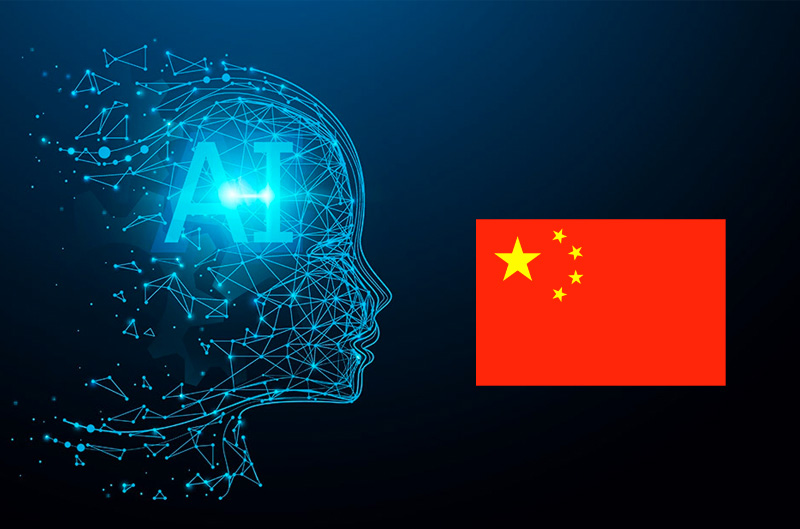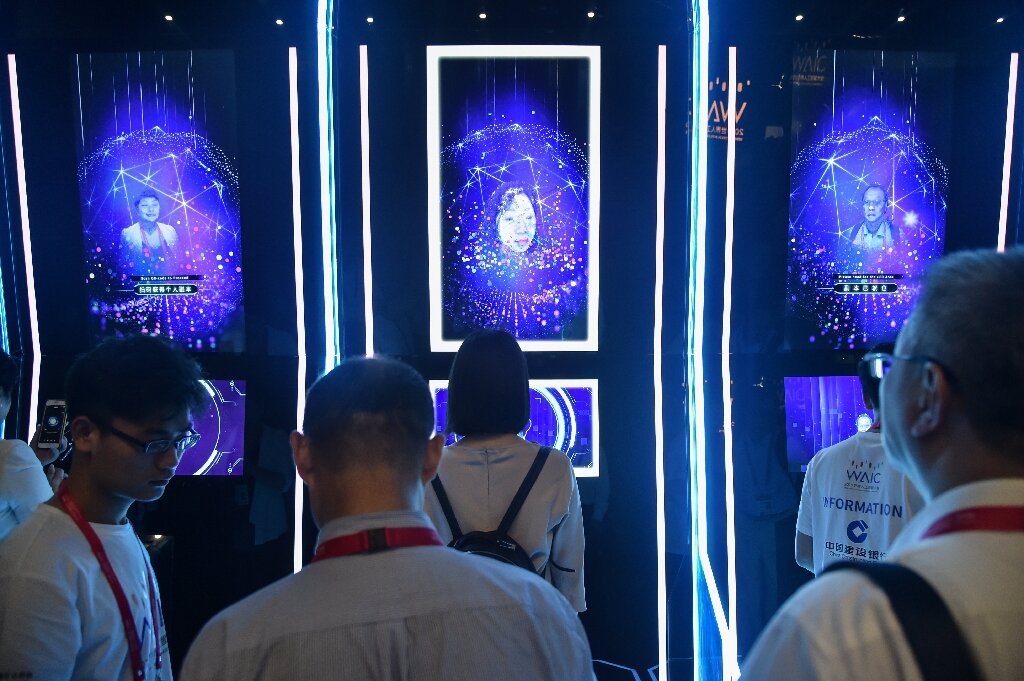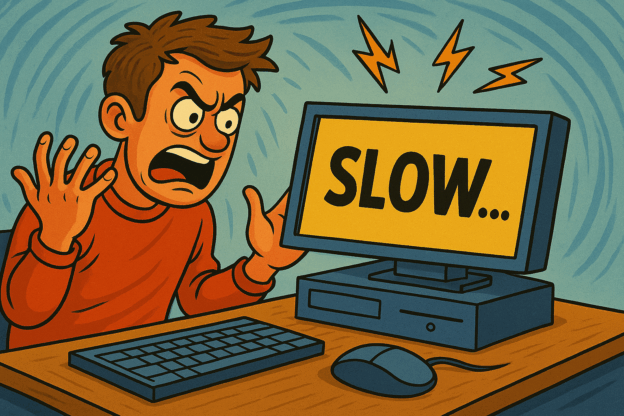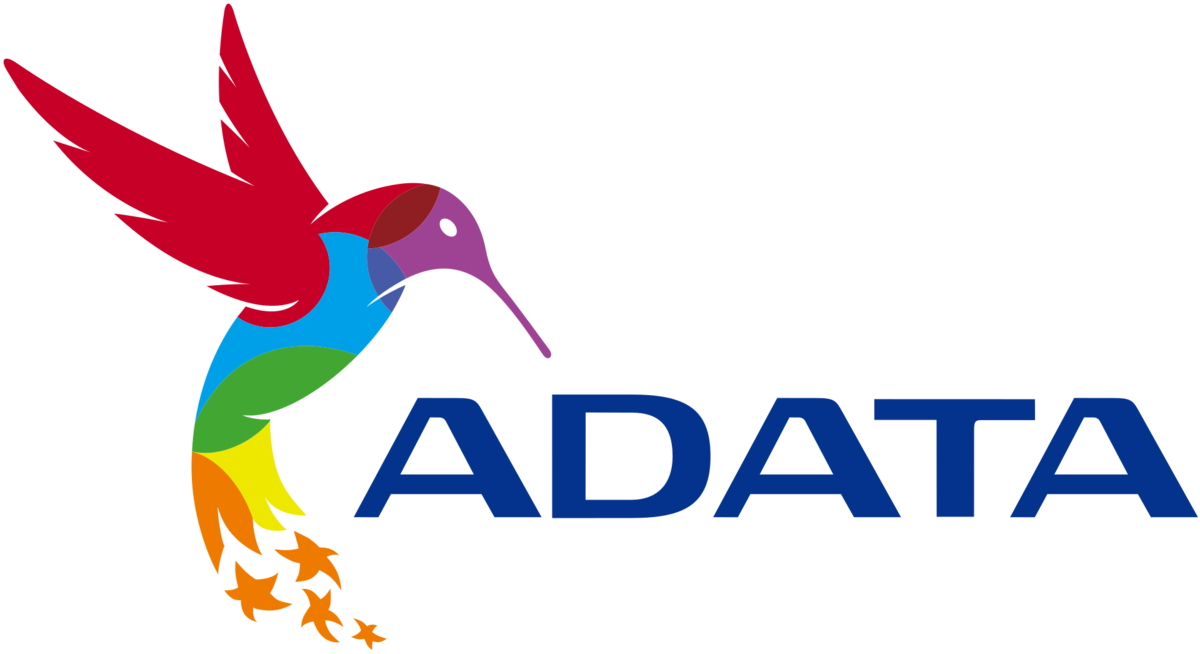China Is About to Regulate AI—and the World Is Watching
AI (artificial intelligence) is an incredibly important technology right now and has the potential to bring about a new era of technological change. In the past few years, AI has made significant strides, and it’s more important than ever to create and implement laws that will protect consumers while encouraging innovation. And China has already taken steps to make sure its laws are up to date with AI. This could very well set a precedent for how other countries approach AI as well.

China Has Issued a New Regulation on Artificial Intelligence
The Chinese government is set to roll out the world’s most comprehensive AI regulations, including rules that outlaw algorithmic discrimination. The Cyberspace Administration of China released the new regulations, which are called “Internet Information Service Algorithmic Recommendation Management Provisions,” which took effect on March 1.
The draft regulations will cover algorithms that set prices, decide what content users see online, and run rideshare platforms. The new rules could have a major impact on how companies use artificial intelligence. Companies that fail to comply with the rules laws so could face fines, have their business licenses revoked, or be forced to stop operating.
The regulations are aimed at preventing the kind of algorithmic discrimination that has already been reported in some parts of the world, such as when people are offered different prices by the ride-hailing app for the same services based on their personal data. However, service providers say that prices vary based on the traffic situation.
But China is now taking the lead in setting rules and standards to protect its citizens against any misuse of their personal data. The new rules could force Chinese technology companies to change the way they collect data about their users and apply artificial intelligence in their products. And it would make it easier for government officials to scrutinize the algorithms that underlie much of the services those companies provide to users. President Xi Jinping said there were “some unhealthy and disorderly signals and trends” in the industry that needed to be addressed.
China has been grappling with issues in its AI sector that are not unique to the country: fake accounts, manipulative marketing, privacy breaches, and addictive content. But those challenges have also taken on a new urgency in the provision as China seeks to build its reputation as an AI hub while also cracking down on companies’ misuse of data and technology. In addition to these protections for consumers, the law provides protections for gig workers too. However, A few rules of the new guidelines might be troublesome or difficult to uphold, but experts say that China is showing a growing willingness to confront the challenges posed by AI.
China Is Imposing Several Other Regulations in the Industry
This isn’t the first time the Chinese government has weighed in on AI. A separate provision is designed to address complaints about online services in China, where users often feel powerless to control how companies collect and use their data. The rules also will require companies to inform consumers when they are being evaluated by algorithms and give them the right to opt-in or out of having their data used for recommendations.
Another provision requires people to verify their identity on deepfake apps before using them. And it’s hoping to get ahead of the problem of fake news and deepfakes by requiring “labeling” of synthetic content created using AI. This gives people more control over their data and makes them feel safer when using these apps.
Deepfakes apps are used to create fake videos using AI that insert people’s faces onto videos of other people. The governing body wants to regulate them by making it illegal to create or distribute deepfakes without the subject’s consent or for malicious purposes.
Those moves are part of China’s broader effort to regulate emerging technologies. The Chinese government argues that these guidelines are necessary because AI poses a number of challenges for policymakers around the world.

Conclusion
As the advancement of AI shows no sign of stalling any time soon, governments will have to deal with its downsides. Countries that are able to demonstrate leadership in both regulating AI and developing their technologies stand to gain a major advantage over their rivals. China’s new regulations may be a step in the right direction.
China has taken an important role in defining how emerging technologies might work and how you might regulate them. However, countries around the world are watching closely as China prepares its legislation. Many countries have recently expressed concern about the potential negative impacts of emerging technologies, but few have actively taken steps toward regulation.
References
- https://www.wired.com/story/china-regulate-ai-world-watching
- https://digichina.stanford.edu/work/translation-internet-information-service-algorithmic-recommendation-management-provisions-effective-march-1-2022/
Written by The Original PC Doctor on 18/3/2022.





















































































